Pack Weight: 50g .
Price : 38 $ USD
Components :
Epimedium grandiflora / leaves
Mentha piperita / leaves
Cinnamomum verum / bark
TEA 99 :
Infusion made from natural medicinal plants with no side effects
Indications :
- Sexual dysfunction
- Infertility or sexual weakness in both sexes (male and female)
- Frigidity
- Spermatogenesis disorders
- Oogenesis disorders
Improvement effect:
The effect of Tea 99 is more beneficial if, additionally, it is taken in cases of:
- Fatigue or asthenia, infusion 8
- Vitamin or mineral deficiency, infusion 57
- Sexual desire disorders: For men, infusion 19
For women, infusion 37 - Stress and anxiety during sexual intercourse, infusion 51
Male infertility:
Infertility is the inability to conceive after 1 year of regular intercourse without contraception.
Male infertility (1/3 of cases) is linked to male factors such as abnormalities in sperm production, erectile dysfunction, or unfavorable psychological or emotional conditions.
There are two main causes of male infertility:
1- Spermatogenesis disorders: There is a deterioration in the quality, quantity, and/or motility of sperm, caused by:
- Chromosomal abnormalities (Klinefelter syndrome, microdeletions of the Y chromosome)
- Varicocele
- Cryptorchidism (absence of one or both testicles in the scrotum)
- Trauma or lack of blood flow (ischemia) to the testicles or testicular torsion following surgery
- Tumor history
2- Pituitary insufficiency (hypogonadism) or hormonal disorders (hyperprolactinemia), thyroid diseases.
Excretory infertility:
- Altered genital tract preventing sperm from traveling the necessary path for fertilization
- Obstruction of the seminal ducts in 6% of cases. This can be present from birth (agenesis of the vas deferens, cystic fibrosis, Young’s syndrome) or acquired due to infection (tuberculosis, chlamydia) or trauma.
- Post-infectious infertility, due to a previous urinary or sexually transmitted infection (urethritis, epididymitis, prostatitis).
- Autoimmune infertility in 8% of cases, formation of autoantibodies against sperm, causing the gametes to lose their motility, agglutinate, and migrate poorly in the cervical mucus.
- Ejaculation disorders in 5%.
- Retrograde ejaculation, anejaculation, or erectile disorders
Certain lifestyle factors and environmental exposures disrupt fertility:
- Overweight or underweight
- Work or living conditions (exposure to heat, toxic substances like arsenic, lead, mercury, aluminum, parabens, bisphenol, or prolonged exposure to mobile waves)
- Stress and lack of sleep
- Intense sports
Advice:
Adopt a good lifestyle (avoid consuming alcohol, drugs, too many cigarettes, or coffee).
Optimal frequency of sexual intercourse (2 to 3 times a week); too frequent intercourse can affect sperm quality.
Female infertility:
Female infertility can be primary if the woman has never been pregnant, or secondary if there is a history of successful pregnancies or miscarriages. Infertility is considered definitive after several attempts at assisted reproductive technology.
If the spermogram is normal, infertility is of female origin.
Causes:
The causes vary; ovulation disorders occur in 32% of cases, tubo-peritoneal pathology in 11 to 26% of cases, and an anomaly in the interaction of cervical mucus and sperm (hostile mucus) in 4 to 15% of cases.
Infertility is unexplained in 8 to 30% of cases.
The causes can be classified as follows:
1- The biological clock: It’s important to consider maternity before 35, as ovarian reserves decrease with age. Female fertility is at its peak between 20 and 30 years old.
2- Ovarian disorders:
- Anovulation or dysovulation, characterized by the absence of the production of fertilizable ovocytes; menstruation is absent or irregular.
- Polycystic ovary syndrome, characterized by the development of multiple cysts on the ovaries.
- Ovarian insufficiency or total absence of ovulation.
3- Hormonal disorders: Hyperprolactinemia (excess prolactin outside of pregnancy), dysovulation, or hyperandrogenism (excess secretion of male hormones).
4- Endometriosis: A disease affecting one in two women, characterized by the presence of endometrial tissue in the ovaries. It causes 30 to 40% of infertility.
5- Morphological abnormalities: - The uterus may have a malformation that disrupts implantation (uterine septum, synechiae, or scar bands).
- Cervical abnormalities due to infection or injury, preventing the secretion of cervical mucus.
- Uterine fibroids, myomas that can hinder the implantation of the fertilized egg.
6- Sexually transmitted infections (STIs) such as Chlamydia infections that leave marks on the fallopian tubes or cause endometritis.
Advice:
Favor a healthy diet, foods with a low glycemic index (dried fruits, whole grains, legumes, red fruits, dark chocolate), polyunsaturated fats, and legumes that fight against overweight and improve fertility. Consume folic acid or vitamin B9 to reduce the risk of premature birth. Hydrate abundantly and reduce stimulating drinks.
Maintain good sexual hygiene (without multiple partners) and adopt healthy behavior to preserve the vaginal flora. Choose phytotherapy to stimulate menstrual cycle quality and regulate it when needed, improve the quality of the uterine lining and cervical mucus, and enhance sperm quality.

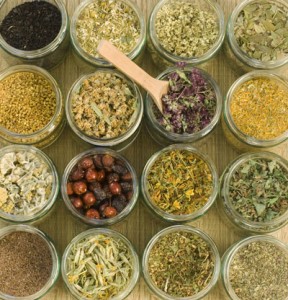
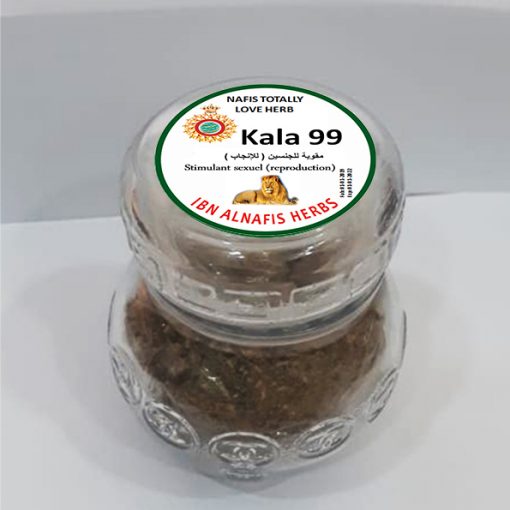
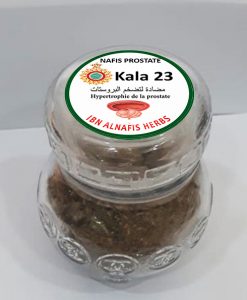


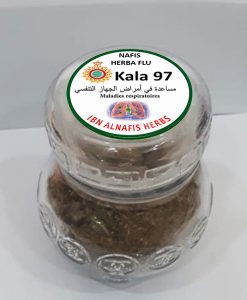

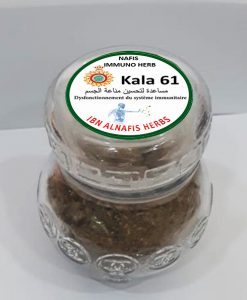
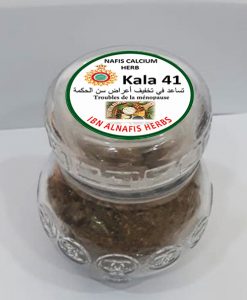

Reviews
There are no reviews yet.